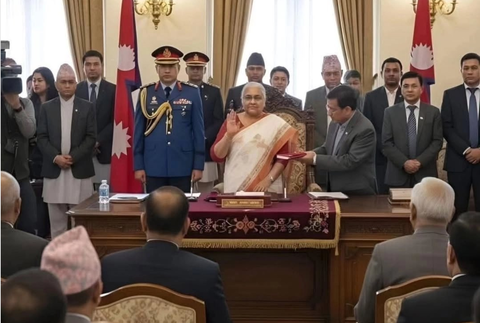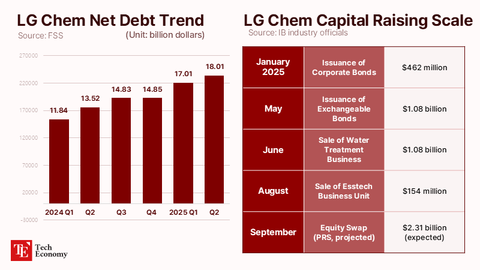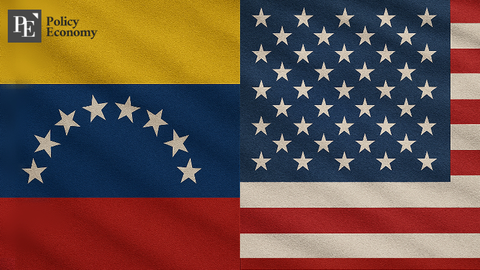U.S. Intelligence Sharing: The Impact on Ukraine's Military Operations and the Geopolitical Consequences
Input
Modified
How the Halt in U.S. Intelligence Sharing Weakens Ukraine’s Defense Military Aid Suspension: A Major Setback for Ukraine’s War Effort Trump’s Foreign Policy Shift: Favoring Isolationism or Strengthening Russia?
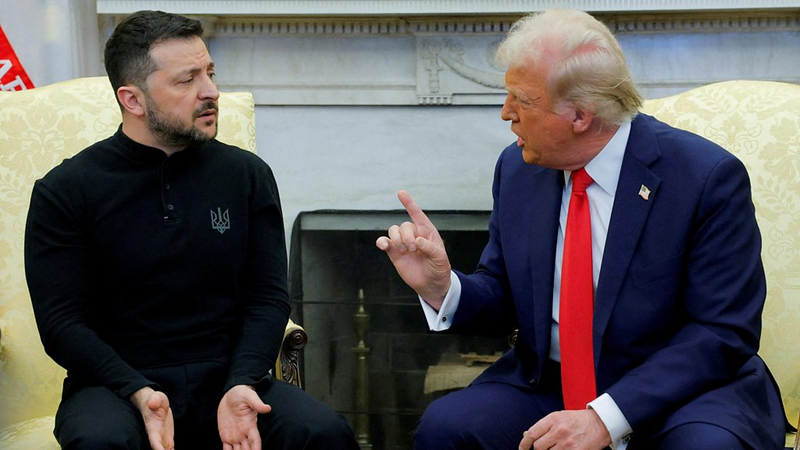
How the Halt in U.S. Intelligence Sharing Weakens Ukraine’s Defense
The United States has long been a key ally to Ukraine in its ongoing conflict with Russia, providing significant military and intelligence support. However, a recent shift in U.S. policy — specifically, the decision to pause intelligence sharing with Ukraine — has had profound consequences on Ukraine’s ability to effectively run its military operations. This decision, largely influenced by shifting political priorities under former President Trump, comes at a time of increased pressure on Ukraine to negotiate peace with Russia. The suspension of intelligence sharing, along with the broader reduction in U.S. support for Ukraine, signals a dramatic shift in the dynamics of the conflict, one that seems to benefit Russia and further complicates efforts for a peaceful resolution.
The pause in U.S. intelligence sharing represents a significant strategic change. Intelligence, crucial for targeting enemy forces, assessing battlefield conditions, and coordinating military operations, is a lifeline for Ukraine’s armed forces. Without this vital resource, Ukraine faces an uphill battle to maintain its defense against Russian aggression. In addition, this decision has wider implications on the geopolitical stage, as it indicates a growing divergence between the U.S. and Europe on how to resolve the conflict, while also raising questions about the future of NATO and the balance of power in the region.
In March 2025, reports surfaced that the United States had significantly scaled back its intelligence sharing with Ukraine. According to various reports, this suspension was linked to political pressure from former President Trump, who has been advocating for a new approach to U.S. foreign policy — one that favors reducing involvement in foreign conflicts. Trump's position on Ukraine has been notably more isolationist, with a focus on bringing U.S. troops and resources back home.
The decision to cut intelligence sharing between the U.S. and Ukraine effectively leaves Ukraine in a more vulnerable position. Military intelligence, especially information on Russian troop movements and strategic plans, has been a cornerstone of Ukraine’s ability to defend itself against Russian advances. U.S. intelligence services have provided Ukraine with real-time satellite data, tactical support, and strategic guidance that have enabled Ukrainian forces to stay one step ahead of Russian troops.
The suspension of these services means that Ukraine will now have to rely more heavily on its own intelligence networks, which, while capable, are far less comprehensive than what the U.S. could provide. The gap in intelligence could lead to significant delays in Ukraine's military operations, leaving them at a disadvantage on the battlefield. Moreover, it places additional pressure on Ukraine to seek alternative alliances or resources to fill this void, potentially further complicating the already complex web of international relations surrounding the war.
This cut in intelligence sharing is a clear sign that the U.S. is pushing for Ukraine to consider peace talks with Russia. The timing of the suspension suggests that the U.S. may be prioritizing its broader geopolitical interests over the continued support for Ukraine’s defense efforts. By cutting off vital resources, the U.S. is essentially shifting the burden of the conflict onto Ukraine and pushing the country toward a negotiated settlement with Russia — one that may not be in Ukraine’s best interest.
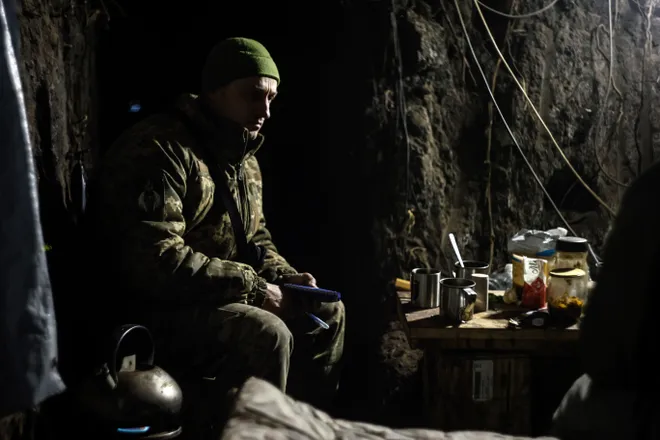
Military Aid Suspension: A Major Setback for Ukraine’s War Effort
In addition to intelligence sharing, the U.S. has also suspended all military aid to Ukraine. This suspension, effective immediately in early March 2025, marks a significant departure from the previous administration’s approach, which saw extensive U.S. military assistance flow into Ukraine in an effort to bolster its defenses against Russia’s invasion.
Under President Biden, the U.S. provided Ukraine with billions of dollars in military aid, including advanced weaponry, ammunition, and training for Ukrainian troops. This support was critical in helping Ukraine fend off Russia’s initial advances and even regain some territories occupied by Russian forces. However, with the shift in U.S. policy, particularly under the influence of Trump, this flow of aid has come to an abrupt halt.
The suspension of military aid means that Ukraine will no longer have access to the advanced weapons and resources that were previously supplied by the U.S. This places Ukraine in a precarious position, as it will now have to depend more heavily on its own military capabilities or seek assistance from other countries — most notably European allies, who may not be able to provide the same level of support as the U.S.
This shift also comes at a time when Ukraine is facing increasing pressure from Russia. Moscow has been pushing harder for a resolution to the conflict, with the U.S. now taking a step back from its previous role as a key supporter of Ukraine. The combination of reduced military aid and a lack of intelligence support leaves Ukraine in an increasingly difficult position, both militarily and diplomatically.
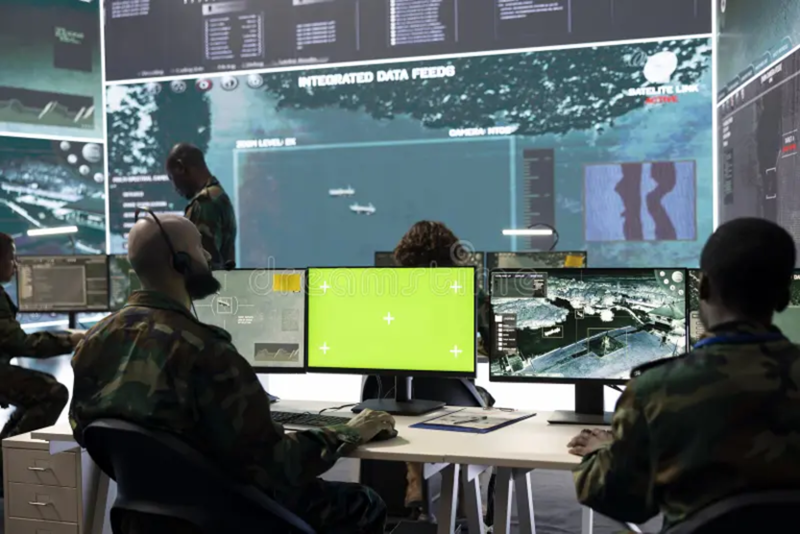
Trump’s Foreign Policy Shift: Favoring Isolationism or Strengthening Russia?
The suspension of aid and intelligence sharing, coupled with growing isolationist rhetoric, reflects the shift in U.S. foreign policy under Trump’s influence. During Biden’s tenure, the U.S. was firmly committed to supporting Ukraine in its fight against Russia, viewing the conflict as part of a larger struggle between democratic values and authoritarianism. U.S. support was seen not just as a military necessity but as a moral obligation, with Ukraine serving as a bulwark against Russian expansionism in Europe.
However, under Trump’s influence, there has been a noticeable shift in U.S. policy. Trump’s rhetoric has become increasingly sympathetic toward Russia, suggesting that a resolution to the Ukraine conflict could involve the U.S. making concessions to Moscow. This is a dramatic shift from the approach taken by previous U.S. administrations, which saw Russia’s actions as a direct threat to the stability of Europe and international security.
Trump’s position also coincides with a broader trend of U.S. retrenchment in global affairs, a policy aimed at reducing U.S. military involvement overseas and focusing more on domestic issues. By reducing support for Ukraine, Trump is signaling that the U.S. no longer sees the conflict as a top priority, pushing Ukraine to either negotiate a peace deal with Russia or face further isolation.
This move is seen as a form of “favoring” Russia, as it weakens Ukraine’s ability to resist Russian advances. While Trump’s position may appeal to those in the U.S. who are tired of foreign entanglements, it risks emboldening Russia and undermining the West’s collective security. It also sets the stage for potential diplomatic and economic fallout, as European allies — who have been more supportive of Ukraine — may find themselves at odds with the U.S. on how to address the situation.
As the U.S. pulls back its support, Ukraine finds itself at a crossroads. With its military resources dwindling and vital intelligence channels cut off, Ukraine faces the stark reality of having to consider other options to secure its future. The pressure from Russia for a peace deal will only increase, and Ukraine’s ability to resist the terms of such a deal is weakening.
Ukraine is likely to look to its European allies for support, but there is a growing sense that without U.S. backing, Ukraine may be forced to accept a peace deal that favors Russia. The U.S. shift in policy is effectively pushing Ukraine into a corner, where it must either negotiate with Russia under increasingly unfavorable conditions or risk further weakening its defense capabilities.
At the same time, the international community will likely continue to push for a peaceful resolution to the conflict, but the situation remains deeply complex. The geopolitical implications of a U.S. withdrawal from active involvement in the Ukraine conflict could set a dangerous precedent, with long-term consequences for Europe’s security and the broader balance of power in the region.
The pause in U.S. intelligence sharing and the suspension of military aid mark a critical turning point in Ukraine’s fight against Russia. With U.S. support dwindling, Ukraine faces increasingly difficult choices. While the decision to reduce U.S. involvement in the conflict may be part of a broader strategy to limit American entanglement in foreign wars, the immediate effect is a significant weakening of Ukraine’s military capabilities.
The shifting U.S. stance under Trump raises serious questions about the future of NATO, the U.S.-European alliance, and the broader geopolitical landscape. As Ukraine struggles to maintain its defense against Russian aggression, the dynamics of the war are rapidly changing, with potential implications for global security and the balance of power in Europe.


